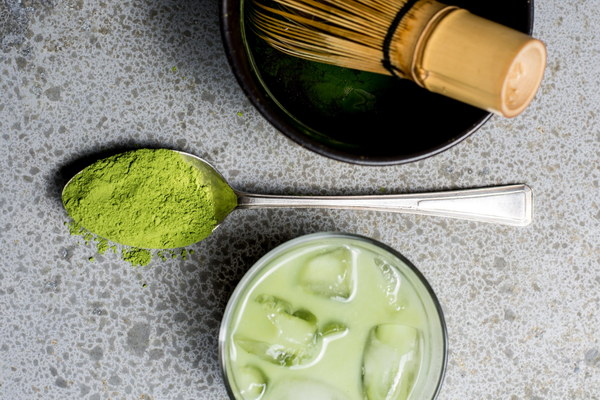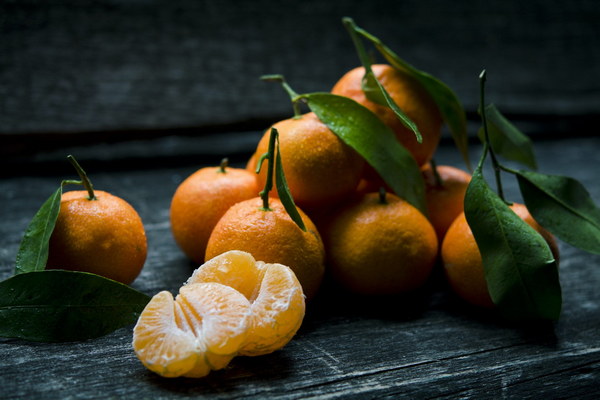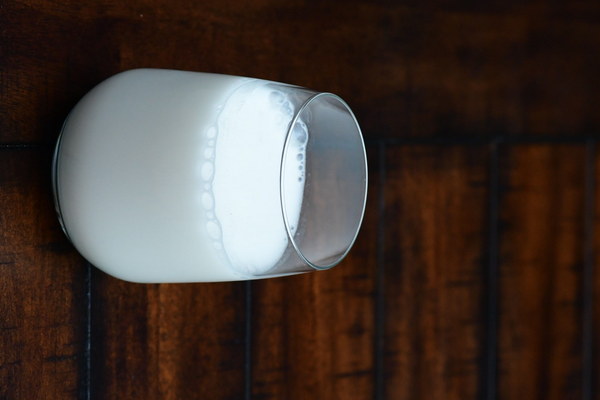Unveiling the Power of Traditional Chinese Herbs A Soothing Bath to Ward Off Dampness
In the realm of traditional Chinese medicine, the practice of using herbs for bath therapy has been a time-honored tradition. One such practice is the use of Chinese herbs for a dampness-wicking bath. Dampness, according to Chinese medicine, is a yin pathogen that can lead to a myriad of health issues, including fatigue, joint pain, and even digestive disorders. This article explores the benefits of incorporating Chinese herbs into your bath routine to help alleviate dampness and promote overall well-being.
Understanding Dampness in Chinese Medicine

Dampness is considered a vital substance that can accumulate in the body due to factors such as poor diet, excessive dampness in the environment, or an individual's constitution. In Chinese medicine, dampness is often associated with the liver, spleen, and kidneys, as these organs play a crucial role in the body's water metabolism.
When dampness accumulates, it can impede the proper functioning of these organs, leading to a variety of symptoms. To combat this, Chinese medicine suggests using herbs that can help expel dampness and restore balance to the body.
The Herbs
Several Chinese herbs are known for their dampness-wicking properties. Here are some commonly used herbs in a dampness-wicking bath:
1. Cang Zhu (Atractylodes Macrocephala): Also known as Atractylodes, this herb is widely used in Chinese medicine to drain dampness and strengthen the spleen.
2. Fu Ling (Poria Cocos): This mushroom-like herb is known for its diuretic properties, which can help in the elimination of dampness from the body.
3. Bai Zhu (Atractylodes Alba): Similar to Cang Zhu, Bai Zhu is used to drain dampness and improve the functioning of the spleen and stomach.
4. Hong Hua (Carthamus Tinctorius): Also known as Safflower, this herb is believed to help in draining blood stasis, which can be associated with dampness.
5. Fu Ling Pi (Poria Cocos): The outer skin of Fu Ling, this herb is used to drain dampness and improve the body's overall water metabolism.
How to Create a Dampness-Wicking Bath
To create a dampness-wicking bath, you will need the following:
- 1/2 cup of dried Chinese herbs (Cang Zhu, Fu Ling, Bai Zhu, Hong Hua, and Fu Ling Pi)
- A muslin bag or cheesecloth
- Epsom salts (optional)
- A bathtub
1. Boil the dried herbs in a pot of water for about 20 minutes to extract their properties.
2. Once the herbs have been boiled, strain the water and discard the herbs.
3. Pour the strained water into the bathtub, adding Epsom salts if desired.
4. Soak in the bathtub for at least 20 minutes, allowing the herbs to work their magic on your body.
Benefits of a Dampness-Wicking Bath
There are several benefits to incorporating a dampness-wicking bath into your routine:
1. Relief from Dampness-Related Symptoms: By using Chinese herbs in your bath, you can experience relief from symptoms such as fatigue, joint pain, and digestive issues associated with dampness.
2. Improved Circulation: The warmth of the bath can help improve blood circulation, promoting overall health and well-being.
3. Stress Reduction: The relaxing experience of a bath can help reduce stress and promote a sense of calm.
4. Enhanced Sleep: Soaking in a dampness-wicking bath before bedtime may help improve the quality of your sleep.
In conclusion, a dampness-wicking bath using Chinese herbs can be an effective and enjoyable way to promote overall health and well-being. By incorporating this ancient practice into your daily routine, you may find relief from dampness-related symptoms and enjoy a greater sense of balance and harmony in your life.









